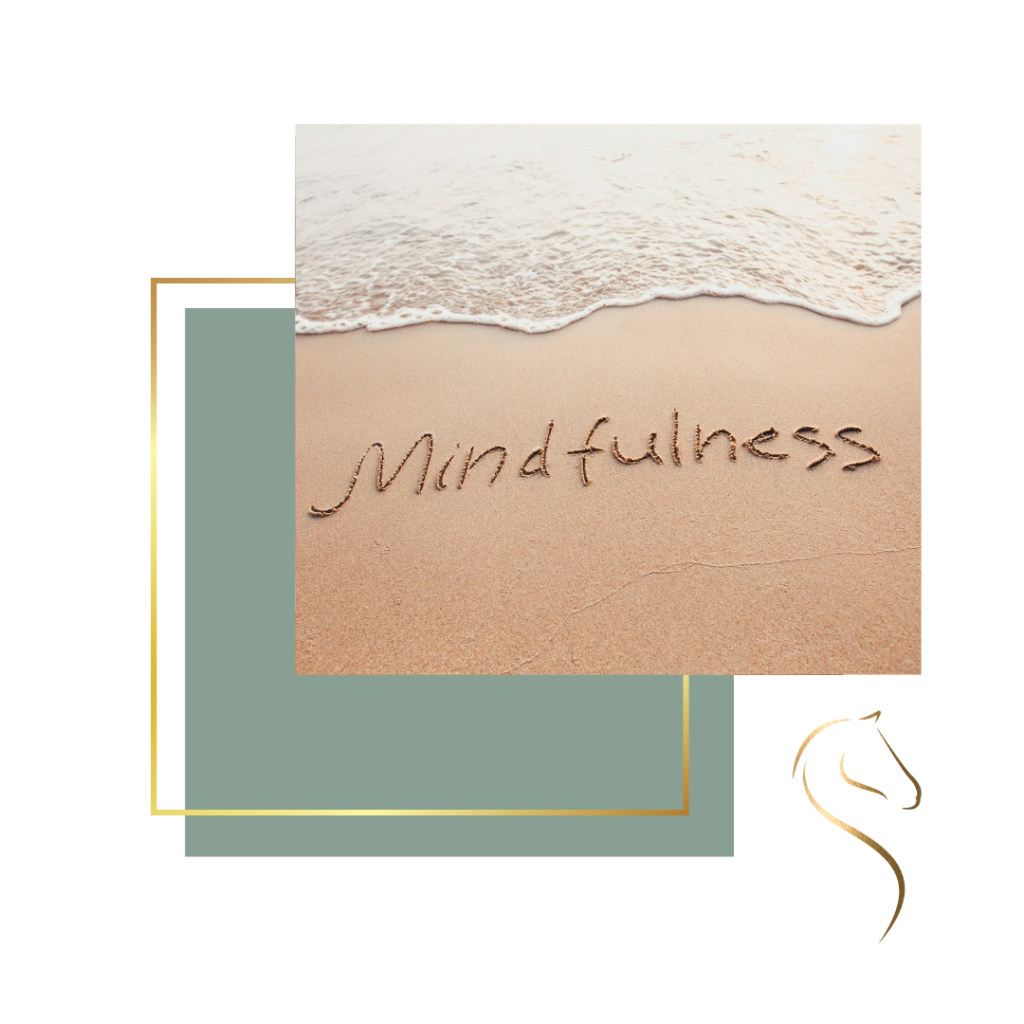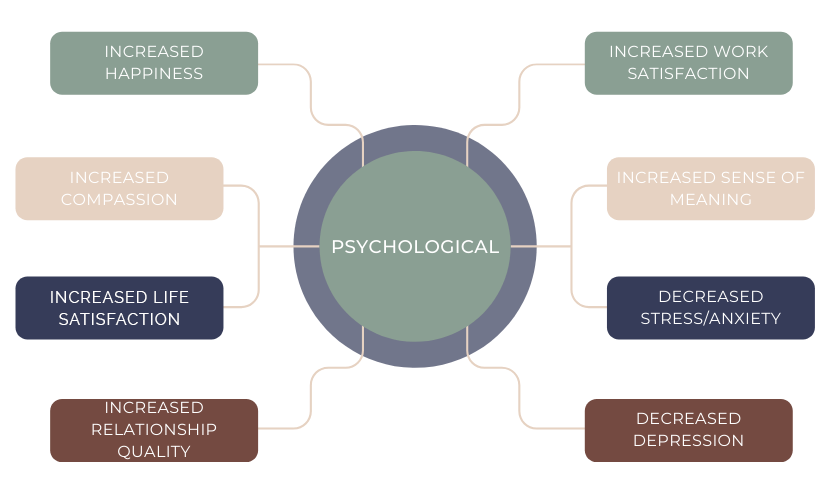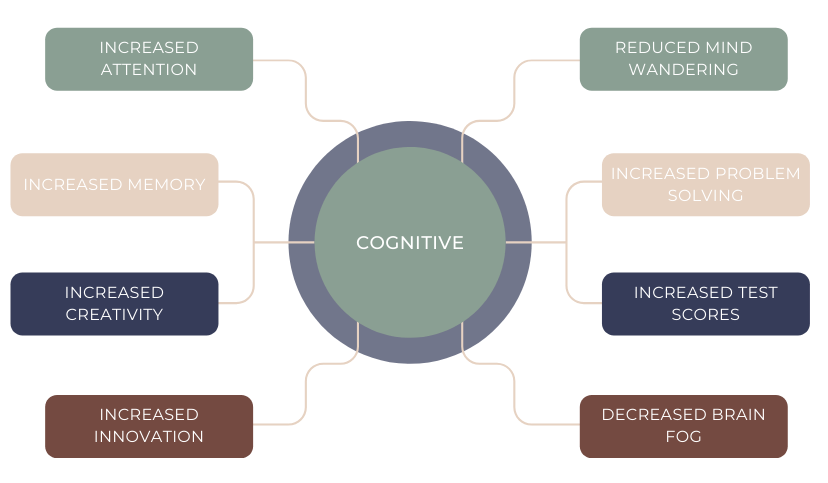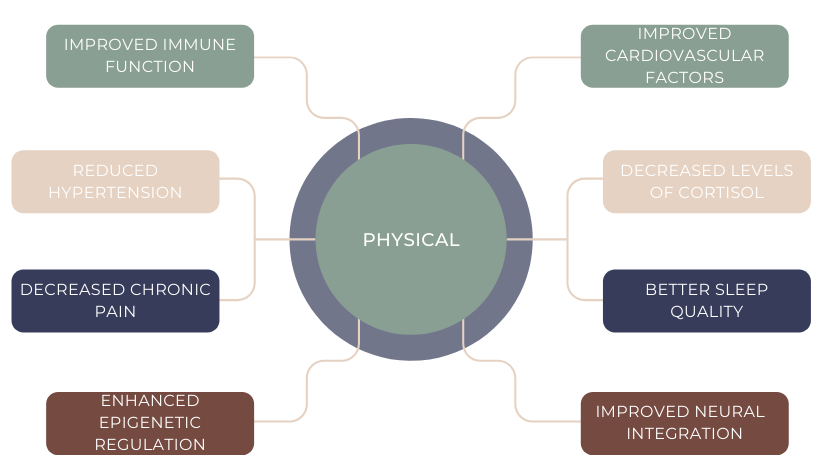Developing Mindful Mastery

“To be mindful means to pay attention to what is happening in the mind, body, and immediate environment and to remain present, while actively engaging your senses to remain both curious and compassionate.”
Our mindfulness improves in response to a straightforward set of meditation practices that develop an increased awareness of thoughts, sensations, and feelings.
Combined with increased kindness and passion, mindfulness improves our capacity to cope by identifying the options available to us.
A continual investment in a mindfulness practice has shown greater wellbeing and mental clarity, and an increased ability to care for both yourself and others.
You may ask what does mental well-being mean? According to The World Health Organization (2004) defines mental health well-being in the following way:
It is a state of comfort in which the individual realizes the abilities, can cope with the normal stresses of life, can work productively and fruitfully, and can contribute to their community.
A mindfulness practice is part of your overall ability to be well, present, and in alignment with your inner nature as well as being aware and present to your outer environment.
The Benefits of Mindfulness
Countless research studies have proven that mindfulness has many significant psychological, cognitive, and physical benefits.
“Modified from Dr. Shapiro’s excellent guide to the science and practice of mindfulness, Rewire Your Mind: Discover the Science and Practice of Mindfulness (2020), we have captured many of them in the diagram here:



Can Mindfulness Change Your Brain?
The remaining question applies to us all: can mindfulness really help us feel and perform better? The answer is a resounding yes.
Scientific studies have illustrated that yes, our minds are malleable. They can be re-wired so that we can overcome a multitude of ailments such as anxiety, depression, and psychological and emotional challenges that don’t serve us anymore.
“The mind does most of its best thinking when we aren’t there.” – Alain de Botton
It also can help us train up our strengths and abilities like our inner awareness and focus, our work and fitness, relationships, and our internal mindset goals. Most, if not all these skill sets can be altered and improved with developing strategies that strengthen our mindfulness muscles.
Your brain is not fixed; you can change it.
“The concept of neuroplasticity means that our brain continually develops throughout life. At any age, you can change your brain’s physical architecture. And it makes sense in evolutionary terms; we strengthen essential pathways and prune back ones that serve no purpose…we also have clear evidence that mindfulness impacts not only the software of the brain, but the hardware (or wetware as its sometimes called)” (cited from postivepsychology.com)
It does this in two ways:
Neurochemically
Firstly, when we stretch these mindfulness muscles, our brain’s insular cortex becomes activated. This area of the brain is “involved in an overwhelming variety of functions, including decision making, sensory processing, and handling feelings and emotions. It is also associated with awareness of internal reactions, or in a very literal sense, our ability to be in the moment” (Young et al., 2018).
A mindfulness practice also “increases the production of brain-derived neurotrophic factor (Cahn, Goodman, Peterson, Maturi, & Mills, 2017). This essential protein encourages the development, survival, and plasticity of neurons in the brain.”
Psychologically
Secondly, mindfulness changes you psychologically, cognitively, and physically, for the better. If you choose mindfulness, you are deciding to be happier, less stressed, more focused, and more creative while improving your sleep, immunity, and your life expectancy, then you just may start on a new path towards self-discovery and growth.
If you would like to tap into your innate flourishing abilities, click here to learn more about our Wayfinding programs.

If you are looking for answers, developing a mindfulness practice can be the elixir to your life’s burning questions like…
- How do I train my mind to be nimble, agile, responsive, and open to possibility?
- How do I develop my innate talents and strengths to improve my relationships with others?
- What process opens the doorway to self-acceptance and realization?
- How do I contribute meaningfully to the world?

Mindfulness is a gateway to flourishing.
Martin Seligman, the father of positive psychology, has just released a new book called Flourish. In it, he questions how we can become our best selves. What is it that enables you to cultivate your talents, to build deep, lasting relationships with others, to feel pleasure, and to contribute meaningfully to the world?
If you would like to tap into your innate flourishing abilities, click here to learn more about our Wayfinding programs.
Once you learn to master your thoughts, feelings and actions, with the practice of mindfulness, your world will open up to you in ways that you never thought possible, before.




